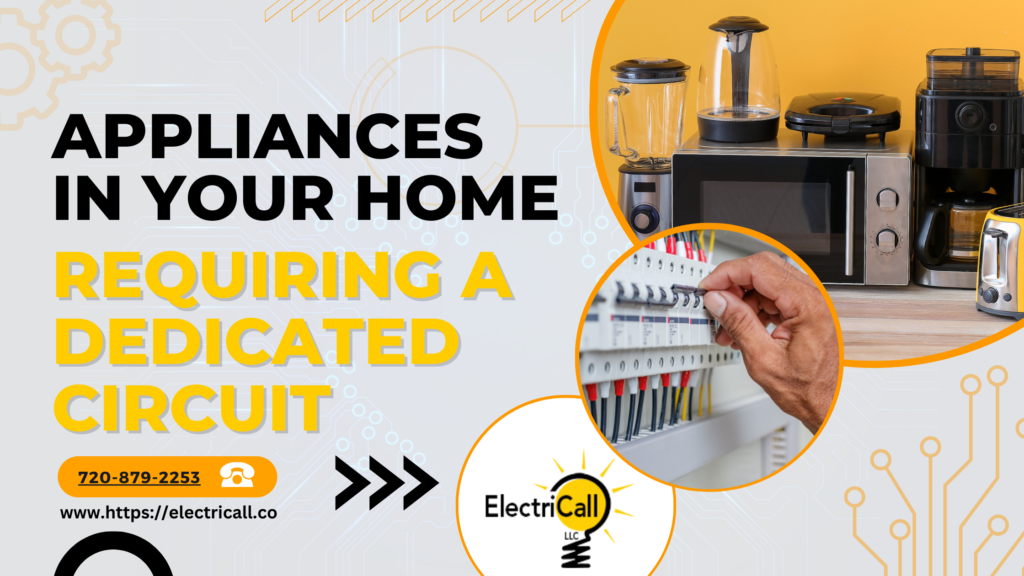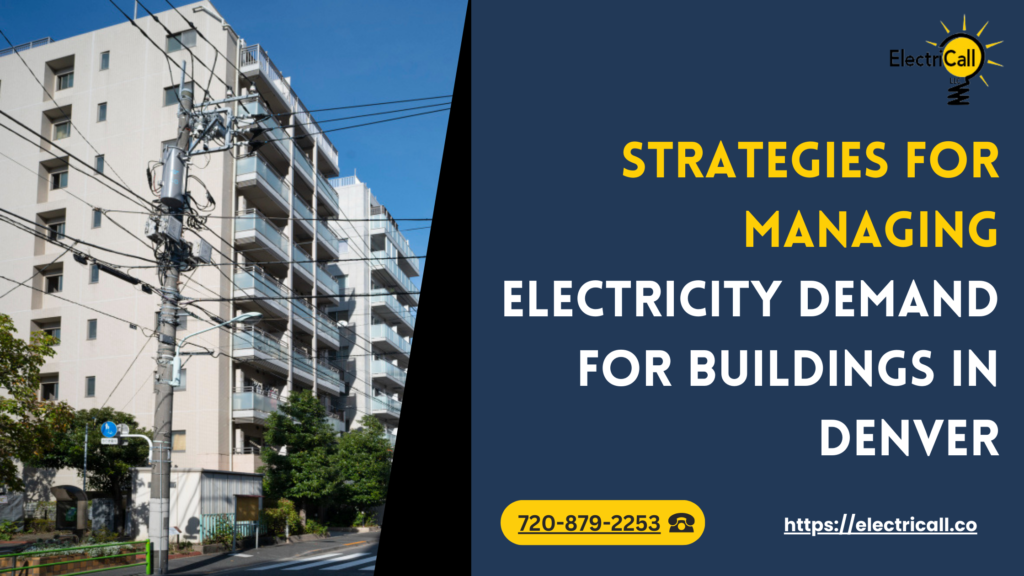![Denver Renewable Energy Incentives [2024] - Electricall](http://electricall.co/wp-content/uploads/2024/04/Denver-Renewable-Energy-Incentives-1024x576.png)
Denver Renewable Energy Incentives
Over the past couple of years, Colorado has rolled out a variety of incentives for residents and businesses that adopt green energy such as tax credits, loans, rebates, and grants. Residential and commercial building owners, property stakeholders, and homeowners can enjoy these incentives by improving energy and water efficiency in their properties. Adopting these green energy projects can save you money on energy costs, improve indoor air and water quality, and reduce greenhouse emissions from buildings.
To help with the installation of projects such as solar power, heat pumps, and wind turbines, you can contact a trusted Denver electrician to get an estimate on home and commercial green energy projects.
Solar Power Tax Credits, Rebates, And Loans
Tax Credits
The sales tax exemption allows residents to purchase renewable energy systems like heat pumps, solar panels, and lithium-ion batteries without being charged the state’s 2.9% sales tax.
You can get residential renewable energy equipment under property tax exemption. This allows homeowners to comfortably increase their property value through renewable energy systems installations without fearing increased property tax. An electrical contractor can assess your property to determine the best renewable energy system to install as well as help monitor and track your electricity usage while identifying potential areas that need improvement.
Rebates
Several cash rebates are available for Coloradans, offered by private companies or the state.
Holy Cross Energy Rebates: This is a common rebates program in the US that offers $100 – $500 per kilowatt of installed system up to a certain kilowatt. Depending on your participation in the program, you can save up to $3,000.
Other companies offering rebate programs include EnergySmart Colorado, Xcel Energy, and United Power among others. Electricians in Denver, CO, can help you find the best rebate program for your home.
Loan Programs
Denver offers different loan programs as part of their energy incentives. These include:
Elevations Energy Loans. Elevations is a credit union that offers a minimum of $1000 in loans to businesses and $500 for homes.
Residential Energy Upgrade (RENU) Loan Program. This state-sponsored loan program offers residents up to $75,000 with a generous repayment period of 20 years.
Colorado Net Metering
This program credits Colorado residents who generate excess electricity and send it back to the grid. Typically, all home solar systems up to 10kW in Colorado can send excess energy to the grid in exchange for billing credits.
You can inquire about multiple other programs offering green certification and the technical assistance you need. A licensed electrician can assess your home’s solar power system to determine if you can participate in net metering.
Heat Pumps Tax Credits and Rebates
Tax Credits
Colorado Heat Pump Tax Credit (2023). This tax credit is available to homes and businesses that install various renewable and energy-efficient heat pumps like:
- Water-source heat pump.
- Thermal energy network.
- Heat pump water heater.
- Air-source heat pump.
- Variable refrigerant flow heat pump system.
- Ground-source heat pump.
The tax credit is split between the installing contractor and the customer and offered as a discount on the installation cost. It’s advisable to confirm with your residential electrician or heat pump contractor whether they include the tax credit in their estimate.
A few older statewide heat pump tax credits will take effect at the end of 2024, so stay informed to reap maximum benefit when the time comes.
Rebates
Numerous utility companies, partner organizations, and local governments offer residents and businesses looking to install green energy heating systems rebates.
Xcel Energy offers the best rebate programs for residents of Denver and Boulder. Their rebate program includes:
- $2,200 off for cold-climate and mini-split heat pump installation costs.
- $1,700 rebate for air-source heat pumps that meet specific efficiency and performance specs..
Remember, these heat pump tax credits and rebate programs are only eligible to residents who use registered contractors. These contractors will install Energy Star-certified heating systems that qualify for the incentives. You should ask your Arvada electrician about energy-certified systems and certifications.
Wind Turbines Tax Credits And Rebates
Tax credits and rebates for wind turbines are similar to those for solar power installations. They also include property tax exemptions, renewable energy property tax assessments, sales and use tax exemptions for renewable energy equipment, and energy storage incentives.
The Colorado Senate Bill 22-051 gives a 10% state tax credit for home battery purchases and installation for energy storage. So, if you purchase a battery for your wind turbine, you are eligible for this tax credit.
You can also benefit from San Miguel Power Association rebates and Holy Cross Energy for all your Wind turbine setups.
Don’t Forget About Federal Tax Incentives
Combining statewide, local government, and utility company incentives with federal tax incentives can help you cut purchase and installation costs by a significant percentage. Any resident, business, or household can claim the following federal green energy tax credits:
- The Energy Efficient Home Improvement Credit offers households up to $1,200 annual tax credit for installing clean energy systems.
- The Residential Energy Credit is a federal tax benefit that gives homeowners a 30% tax credit for installing new energy-related items in their homes.
Federal green energy incentives can be applied to any clean energy system, from heat pumps and wind turbines to biomass.
Find out how you can use clean energy incentives in your home or business from a licensed electrician. Contact electrical contractors near Denver today.




